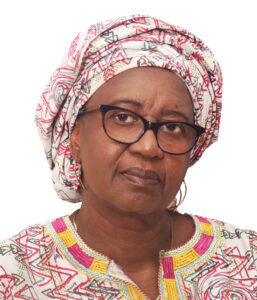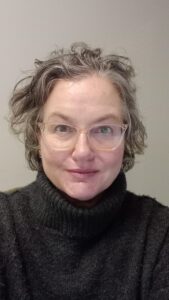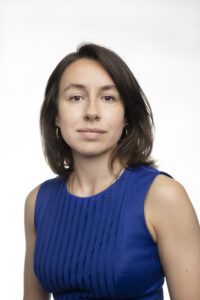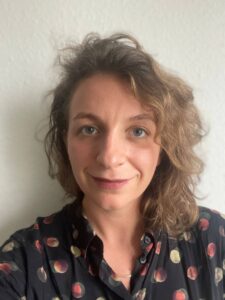The Centre for Freedom of the Media (CFOM) and the Disinformation Research Cluster based in the School of Journalism, Media and Communication are hosting a joint panel on Thursday 5 December: ‘Elections, Disinformation and Journalism: Taking Stock of 2024’. The panel event will bring together civil society organisations, academics and journalists for a discussion focusing on, what has been called, a ‘super year’ of elections and how they have been reported on at a time when disinformation and AI are on the rise alongside increasing fears surrounding journalists’ safety when reporting on political events. The panel event will feature three presentations:
- Elections and disinformation in Africa by Nicola Davies-Laubscher and Fatoumata Sow
- Journalists’ Safety reporting the US elections by Lucy Westcott
- Journalists as fact-checkers from Georgia by Sofia Gavrilova
Elections and disinformation in Africa


This presentation will focus on an overview of research that was conducted regarding the general elections in South Africa, Kenya and Zimbabwe. The study involved interviews with various stakeholders engaged in combating disinformation, including fact-checking organisations, journalists and academics.
Dr. Nicola Davies-Laubscher (right) holds a PhD in Media Studies from the University of Cape Town, where her research explored COVID-19-related misinformation on social media. She is currently a postdoctoral fellow at Stellenbosch University.
Dr. Fatoumata Sow (left) holds a PhD in Communication and Society from the University of Oregon (USA). Fatoumata Sow teaches communication at the University of Sine Saloum ElHadj Ibrahima Niass in Senegal. Fatoumata works as a consultant on the “Mapping electoral disinformation in Africa” MEDiA Project.She conducted the analysis of prevalent disinformation narratives in recent elections in Senegal and the Democratic Republic of Congo. She is also participating in the mapping of disinformation in the current electoral presidential campaign in Ghana.
Journalists’ Safety reporting the US elections

This presentation will focus on the work undertaken by the Committee to Protect Journalists (CPJ) and the work they have spent in the past year preparing U.S.-based journalists to cover a contentious election through their safety training and resources, and what that looked like. The CPJ trained more than 740 journalists and there is still a lot we do not know about what the next administration will look like for journalist safety and press freedom.
Lucy Westcott became director of the Committee to Protect Journalist’s (CPJ) Emergencies Department in October 2021. She oversees CPJ’s assistance and safety work worldwide. Westcott joined CPJ in 2018 as the James W. Foley Fellow. During her fellowship, she focused on safety issues for women journalists in non-hostile environments and assisted with the creation of safety resources for journalists globally. In 2021, she played a prominent role in CPJ’s response to the Afghan crisis, including helping Afghan journalists and their families evacuated to Qatar. Prior to joining CPJ, Westcott was a staff writer for Newsweek, where she covered gender and immigration. She has reported for outlets including The Intercept, Bustle, The Atlantic, and Women Under Siege, and was a United Nations correspondent for the Inter Press Service.
Beyond the Russian West divide. Polarisation and politicisation of war and peace in Georgian eclections 2024

Dr. Sofia Gavrilova is a human and political geographer. She earned her Ph.D. from the University of Oxford in 2019 and is currently a Senior Researcher at the Leibniz Institute for Regional Geography in Leipzig, Germany. Her research focuses on decolonization and de-Sovietization in knowledge production, policy-making, and identity construction in the South Caucasus and Central Asia. Dr. Gavrilova has also contributed to projects mapping the geography of Stalin’s Terror and the Gulag system.
